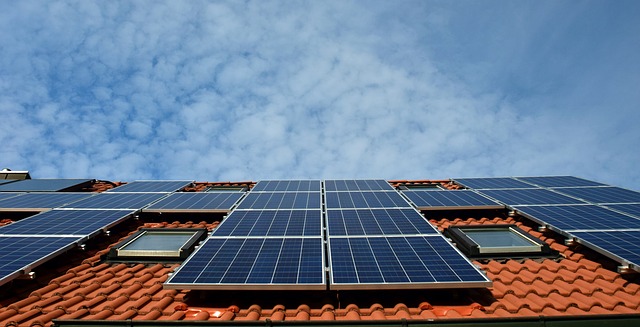
You might have heard the phrase “residential solar power systems are the future,” sometime recently. At one point in time that would have been correct.
However, it does require some clarification, because the “future” element can be easily replaced with the term “the present.”
Energy providers all across Australia are experiencing a boom and increase in the production and service of these outlets as they replace the traditional models that absorb energy from the local power grids, placing a greater strain on our collective capacity to keep the lights on.
So why has it now become the norm in 2018 to embrace these outlets? Gravitating to such a major switch on such a large scale is not something that comes naturally to many communities, as there have been reservations with similar schemes such as the NBN, a program that continues to encounter setbacks.
Yet the standing of solar power systems far outweighs other schemes and concepts that talk a good game, but actually fall short of public requirements and expectations.
Here we will discuss why this boom is occurring and why it makes sense for your household to invest in a source that will be viable for generations to come.
Save Long-Term Money
The initial costs involved in implementing residential solar power systems might be viewed on the surface as a cost that is not worth the investment, but the ends will justify the means. Analysts and experts in the field of energy sourcing and pricing have illustrated through their reporting that households save money on their energy bill, whether that be monthly or quarterly.
The initial logistics naturally scare off a portion of the community who would be concerned about uprooting their old model, but when you consider the savings for usage on a financial level, it makes sense for your household to go down this path.
Help The Environment
Residential solar power systems help the environment. Pushing away from coal-powered models that sap local power grids that pollute the environment, using the most natural of all resources in the sun lowers carbon emissions and helps to combat the very real event of climate change. Those who are more environmentally conscious than others won’t need convincing why this is such an important benefit, but as you weigh up what is worthwhile as a consumer, you are certainly doing your part if this is the choice you make.
Lower Maintenance Issues
Old power models require regular maintenance and upkeep to maintain a steady working condition. Residential solar power systems require no such updating as the installation will be rarely interrupted by any regulations or checks on the standard of the item. By implementing this modern technology, you are buying a product that is more efficient and requires far less direct human intervention than alternative systems.
Government Backing and Dividends
The good news for those that are investing in residential solar power systems is that the Australian government is continuing to rollout subsidies and rebates for homes that take this option. By offering less of a burden that takes them away from the energy grid to become completely independent, the government understands that incentives are a helpful way of pushing families in that direction. This can be viewed as another financial advantage.
Greater Quality of Product
The bottom line is that residential solar power systems are far superior than any other form of power systems in existence. Shop around for older models or something else entirely, they will not be able to match the reliability, the low maintenance or the long-term cost savings that these providers give to your household.
Summary
Now you can see why households are gravitating towards residential solar power systems. Whilst this is not an immediate rush to dispense with the old and introduce the new, you will be better placed for your home when it comes to energy efficiency the sooner you opt in.